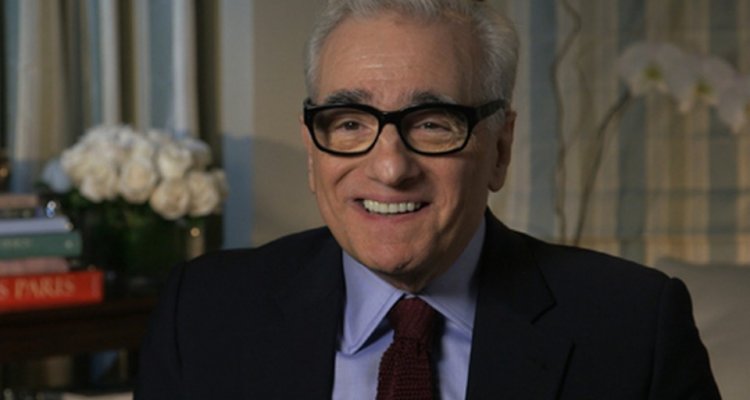Over the past few years, Martin Scorsese has become the poster child for the debate over what qualifies as “cinema.” While we’re not here to relitigate comments he made about superhero films and the current state of the film industry, it’s clear that Scorsese longs for the bygone era of filmmakers such as Stanley Kubrick, Agnes Varda, and Ingmar Bergman. And in a new essay he wrote for Harpers, he does just that, talking about how the giants of cinema’s past helped shape the medium and how Federico Fellini proves vital to understanding what qualifies as true “cinema.”
“As recently as fifteen years ago, the term ‘content’ was heard only when people were discussing the cinema on a serious level, and it was contrasted with and measured against ‘form,’” explained Scorsese. “Then, gradually, it was used more and more by the people who took over media companies, most of whom knew nothing about the history of the art form, or even cared enough to think that they should. ‘Content’ became a business term for all moving images: a David Lean movie, a cat video, a Super Bowl commercial, a superhero sequel, a series episode.”
He continued, “It was linked, of course, not to the theatrical experience but to home viewing, on the streaming platforms that have come to overtake the moviegoing experience, just as Amazon overtook physical stores. On the one hand, this has been good for filmmakers, myself included. On the other hand, it has created a situation in which everything is presented to the viewer on a level playing field, which sounds democratic but isn’t. If further viewing is ‘suggested’ by algorithms based on what you’ve already seen, and the suggestions are based only on subject matter or genre, then what does that do to the art of cinema?”
The filmmaker goes on to explain that curation is the key to preserving “cinema.” He believes that services such as MUBI and The Criterion Channel are great places to show how streaming can be an experience that grows a viewer’s knowledge of the art. And that’s primarily due to how those services curate their libraries.
“Curating isn’t undemocratic or ‘elitist,’ a term that is now used so often that it’s become meaningless. It’s an act of generosity—you’re sharing what you love and what has inspired you,” he said.
All of this leads into his breakdown of the filmography of Federico Fellini, a filmmaker that Scorsese considered a friend and someone he clearly greatly admires. Scorsese goes through the major films of Fellini, explaining how directors such as him were not just making incredible films but were shaping what is and what isn’t “cinema.”
The essay is incredibly well written and informative, especially if you’re someone that hasn’t quite taken the leap into classic cinema, such as Fellini’s films. And if you have, it’s always great to see one legendary creator dissecting the work of another icon.
Also, if you’re interested in the latest on Scorsese’s upcoming “Killers of the Flower Moon,” that film is beginning filming soon and just announced another cast member that is joining Robert De Niro and Leonardo DiCaprio in the Apple TV+ feature.

